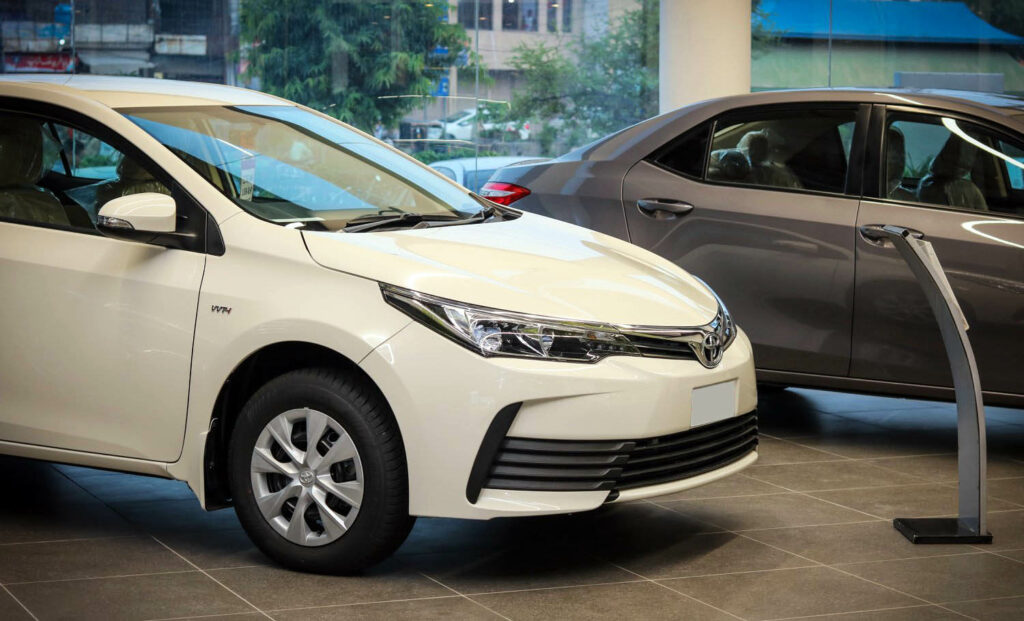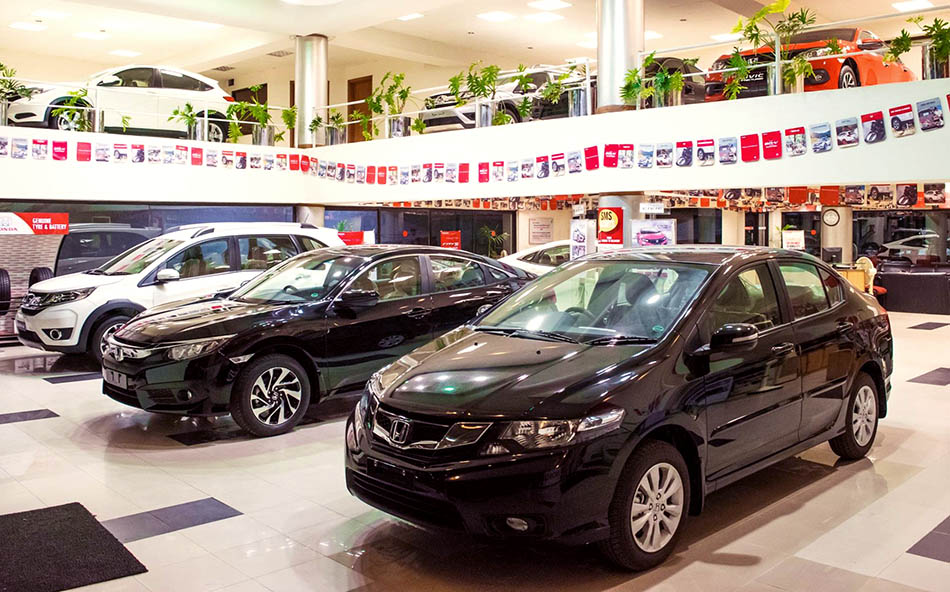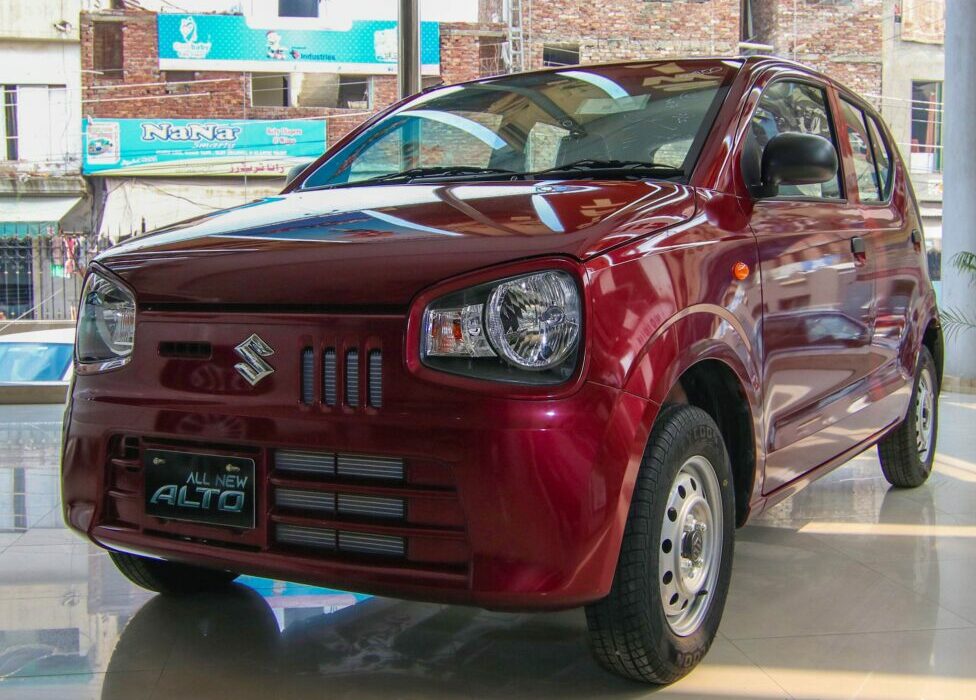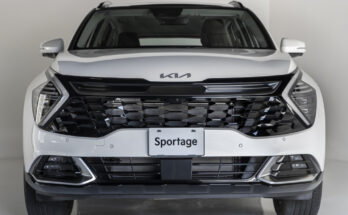Fiscal Year 2019-20 was nothing less than a nightmare for local auto industry. The gloomy financial year ended with some terrible figures as the sales of locally assembled vehicles saw a deplorable 53% decline compared to sales from preceding year.
Related: Rising Difference in Motorcycle & Car Prices & the Need to Fill the Gap
Only 110,583 units were sold in FY2019-20 compared to 235,229 units sold in the previous fiscal year. This is also the lowest-ever sales in a year after the economic downturn of 2008-09. Part of this can be blamed on COVID-19 but not fully, since the lockdowns were enforced towards the end of March 2020 and only the last three months of the financial year were affected by the pandemic whereas the sales were on a decline ever since the beginning of FY2019-20.
Let us see how the sales of different vehicles were affected during last year. Interestingly the only upward growth is represented by Isuzu D-Max’s sales.
| Make/ Model | FY2018-19 | FY2019-20 | Difference |
| Honda City/ Civic | 39,189 | 14,091 | -64% |
| Suzuki Swift | 5,050 | 1,828 | -64% |
| Toyota Corolla | 56,720 | 22,140 | -61% |
| Suzuki Cultus | 22,763 | 12,307 | -46% |
| Suzuki WagonR | 32,614 | 6,984 | -78% |
| Suzuki Bolan | 17,628 | 5,159 | -71% |
| Suzuki Ravi | 18,281 | 6,918 | -62% |
| Honda BR-V | 5,045 | 2,296 | -54% |
| Toyota Fortuner | 2,609 | 1,163 | -55% |
| Toyota Hilux | 6,070 | 3,748 | -38% |
| Isuzu D-MAX | 400 | 656 | +64% |
A few years ago Pakistan assembled around 250,000 cars annually and aimed to hit the 500,000 mark, however FY2019-20 saw merely 110,583 units produced so the target looks like a sheer fantasy now. According to Former Chairman of Pakistan Association of Automotive Parts and Accessories Manufacturers (PAAPAM) Mashood Ali Khan:
“The decline in automobile sector began in July last year when the government announced that non-filers of tax return can register only one vehicle against their CNIC. After that, we were burdened with additional customs duty of 7-11% and federal excise duty of up to 7.5%.”
Then later in 2019, the rupee depreciated against the US dollar adversely affecting the automobile sector, he added. The local industry had hoped that 2020 would be a year of revival of automobile demand and data of January and February was also encouraging. However, the numbers were still lower compared to sales figures for the corresponding months of previous year. Then out of nowhere the coronavirus pandemic hit the auto industry hard for which it was never prepared.
Related: Why JDM Cars Are Considered a Threat to Local Assembled Ones
Frequently rising car prices is also a key issue for which the sales have been terribly low during the last fiscal year. Citing Rupee depreciation, automakers substantially revised the prices multiple times and even did so when the currency was stable, perhaps to dampen the declining profit margins. Car prices have been revised multiple times since the beginning of this calendar year too taking them further out of the reach of masses.
From the looks of it, the road ahead isn’t going to be easy for the local assemblers at all. Sales from coming months will clear the picture regarding where the industry is heading. Perhaps the upcoming new options in relatively lower prices might help out in the gloomy situation. Want to share your thoughts on this, let us know with your feedback.

A computer animation professional with over 23 years of industry experience having served in leading organizations, TV channels & production facilities in Pakistan. An avid car enthusiast and petrolhead with an affection to deliver quality content to help shape opinions. Formerly written for PakWheels as well as major publications including Dawn. Founder of CarSpiritPK.com







